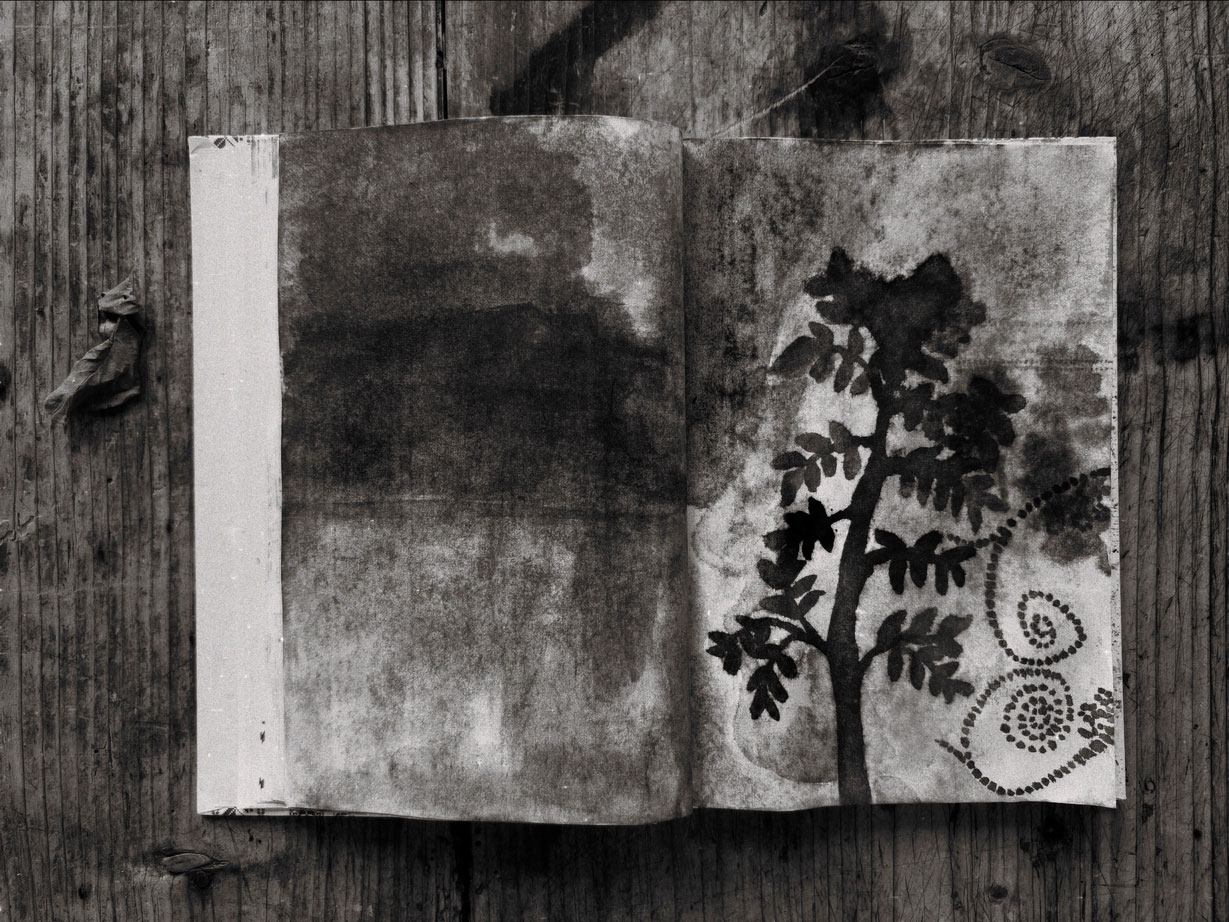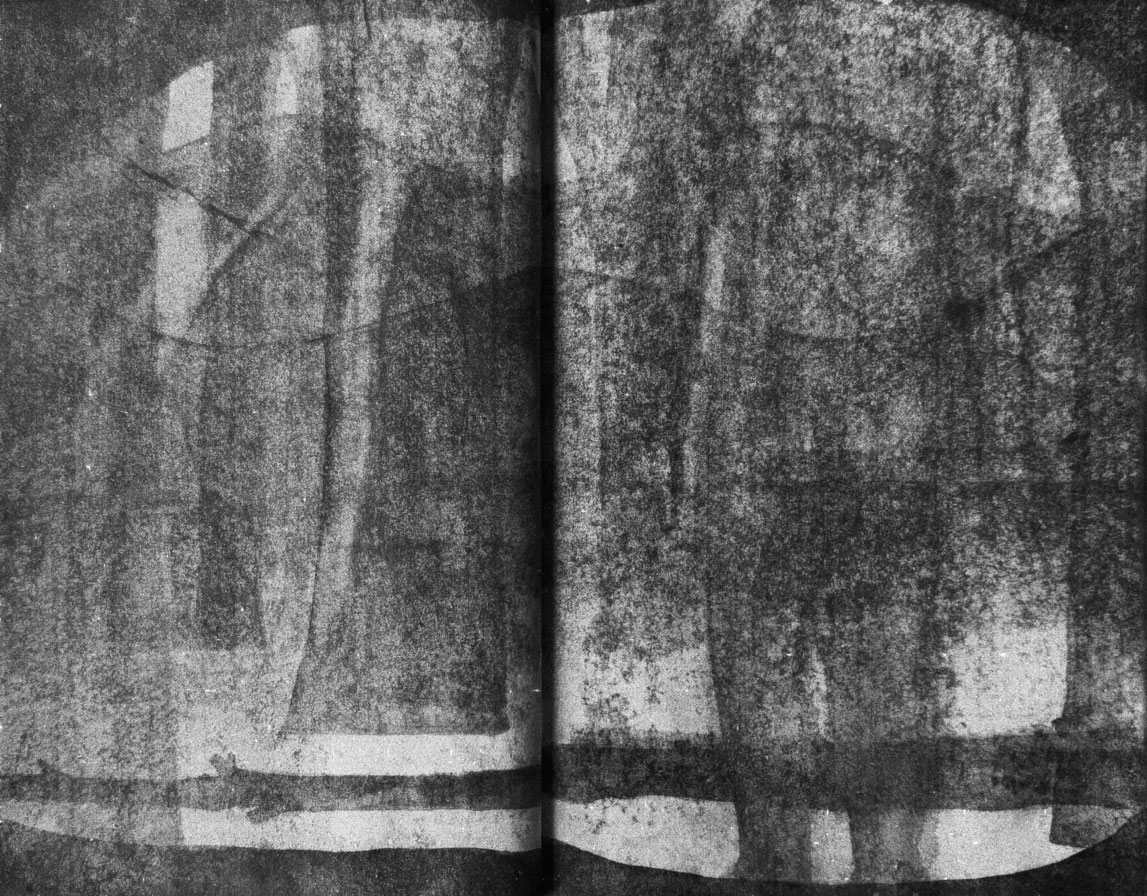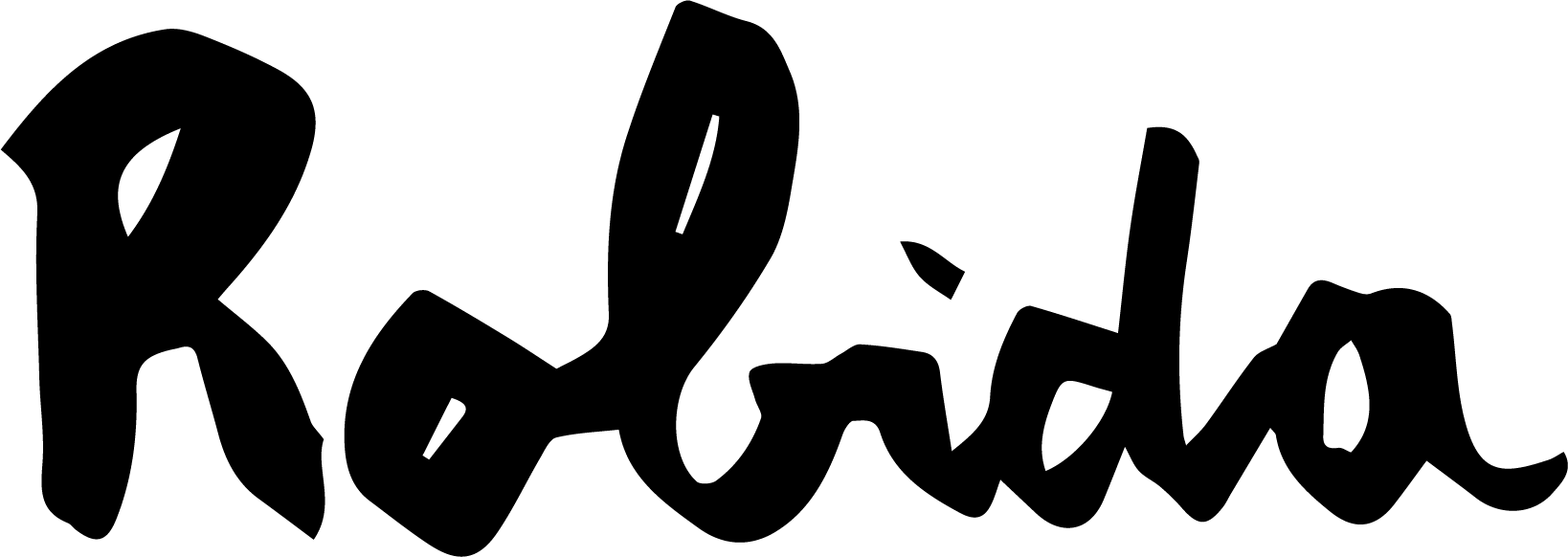«L’arca si ferma sull’unico punto della terra che non è stato sommerso, luogo circolare e sacro da dove il mondo ricomincia. È un’isola o una montagna, le due cose insieme, l’isola è una montagna marina, la montagna, un’isola non ancora bagnata. Ecco la prima creazione presa in una ricreazione, concentrata in una terra santa in mezzo a un oceano». –
Gilles Deleuze
Al secondo piano della casa chiamata Juljova hiša ci troviamo a parlare una lingua diversa da quella nativa.
In inglese la nostra voce suona incerta, titubante rispetto all’accento e alla disposizione delle consonanti e delle vocali nelle parole.
Leggendo collettivamente e ad alta voce un testo di Srećko Horvat, fantastichiamo di isole, ne riconosciamo le potenzialità aggregative, a dispetto dell’immaginario che le vorrebbe monadi, unità circondate dall’acqua: “isolate”, appunto.
Anche il più sottile lembo di terra è, a pensarci bene, invisibilmente legato a tutti gli altri.
L’isola è la montagna.
Entrambe sono parti di un tutto a cui tuttavia resistono per mezzo di una straordinaria morfologia: sono distinguibili all’orizzonte.
E sono anche, in un certo senso, miraggi, luoghi difficilmente raggiungibili, che in virtù di questa qualità corrispondono metaforicamente a punti di approdo, di riposo o di riflessione.
La montagna è l’isola.
E percorrendo la strada che conduce a Topolò, bagnata d’acqua, si ha davvero la sensazione che la roccia, gli alberi e la nebbia celino la vera natura di questo luogo: un arcipelago.
Dora, Antônio, Vida, Elena, Aljaž (insieme a Laura, Janja e Tanja) ne fanno parte, lo abitano e animano. Contribuiscono di fatto alla sua espansione, che è anche un frazionamento. Ne allargano ed elidono i confini, contemporaneamente: da un’abitazione di famiglia all’altra, da una “foresteria” per gli ospiti a Izba, cucina comune e luogo di ritrovo per la piccola comunità.
Parlano di un paese-casa interpretabile, nell’economia di metafore finora utilizzate, come un arcipelago-isola.
Sebbene non siano le/i sole/i abitanti di Topolò, sono forse le/gli uniche/i a intendere il paese come un corpo composto di tante, più piccole, membra.
Figuro nella mia mente un’immagine da loro più volte evocata: muoversi per le strette vie del paese in pantofole, per fare colazione, caricare la lavatrice o infornare il pane. I corridoi che collegano le camere di questa grande casa non hanno soffitti, sono protetti dal cielo. Se piove devi portare l’ombrello, se fa freddo è il caso di coprirsi.
Se splende il sole puoi invece avvertirne i raggi sulla pelle, e sentire chiaramente di appartenere a una famiglia più numerosa di quanto credessi: aprendo la porta (che non è chiusa a chiave) vedrai un gatto dileguarsi istantaneamente, per riempire la borraccia sposterai una piccola e colorata cavalletta, per dormire dovrai invece catturare diversi grilli e accompagnarli fuori dalla tua stanza.
La casa che abiti è indiscutibilmente affollata.
È un’isola tutt’altro che deserta.
– Giulia Gaibisso

Walking with Robida
With each generation of artists and curators in the WCSCD educational program, we conduct field trips focused on initiatives, practices and ways of living otherwise. The intention is to spend time together and have the opportunity to get to know practitioners and their struggles, their ways of surviving, and their dreams. These trips also remind me, again and again, that responses are always situated. At the same time, learning-with through spending time together brings new flows of energy to myself and my peers. We remember that we can also do it, that we are not alone—that we are many. As Chus Martinez says, this becomes a method of spreading good news in the world.
I got to know Robida through Fernando Garcia Dory, founder of Inland. Some years back we worked on a funding application together and since then I have continued to notice Robida around me. Two years ago, Luigi Coppola, our program mentor, spent some days in Topolo with the Robida community and came to us with a few of Robida’s publications and many stories of the work that Robida does. I didn’t know any of the members personally at that time. Later, I met with Vida online to discuss our visit and then we held she invited me to have a conversation with her for the Robida radio in which we discussed questions of margins, the curatorial, learning etc.
In September 2025 we drove from Novi Sad to Topolò, the village where Robida is situated. There were five of us: Irene, Giulia, Sara and Cheng Wei. Marie couldn’t join as she had to attend her father’s wedding. Over time I have learned that these trips are very important for establishing group dynamics in the program, so I was a bit worried about Marie not being able to go as she might feel very disconnected from the group after we return.
We spent three days visiting Topolò. I was hoping that we would arrive during the day so I could walk through the village and understand the place. My back was sore from sitting in the car for many hours and was screaming for a long walk. But we arrived in the evening around 9pm and it was already very dark— the kind of dark you only find in a place with no light pollution. I struggled to understand the village: we parked in one place, left the food at another place (Izba), and slept at a third place. Vida briefly welcomed us, gently warning us to mind our step and then we went to rest.
Our first day with the Robida community started with introductions. We enjoyed slow coffee and breakfast, flipping through beautiful books published by Robida in the reading room area in Izba before Vida came to meet us and start the day. Instead of sitting around the table and looking at a presentation about Robida’s work projected on a screen, the Robida members decided to introduce themselves to us by inviting us into their homes, into their intimate living and working spaces. First, we visited Vida and Aljaž’s home. A small, beautiful house with a balcony where they spoke about the radio and their publishing activities. Something that stayed with me was the color of the walls of the house behind Vida—traces of time and the clear intentions to allow those those traces to remain. Vida briefly mentioned that this was her grandmother’s house, lifting her hand towards a modest sized framed photograph on the wall next to the balcony doors. I started thinking, or perhaps reconfirming, that everything starts with grandmothers. I recognised the connections of female ancestral lineage: between Vida and her grandma, between my grandma and me.
We walked through the small lanes to Antônio and Elena’s house. A smaller house with very different light. Elena spoke about the architecture in the village and their understanding of a village as a house, where the cooking takes place in Izba, ideas for a future Library House, and Vida’s insistence that only one member has a washing machine. They spoke of the very thin lining between the common and the individual and how these two interconnect, compromise or complement each other. Antônio and Elena also took us to the house next door that they had recently purchased and which they plan to use as their studio. All the members’ houses are privately owned but their actions somehow stay collective. Dora’s house was the only one squatted and she met us with baked pie and coffee out front of the house.
There is something intimate in the gesture of inviting someone into one’s home. It is a gesture towards knowing someone’s practice better. You are invited as a guest, but by extending this welcome, the host abandons the default structure of the way we perceive ourselves in relation to the other and how we talk about our practice in the art system.
I deeply enjoyed seeing and understanding that our visit also triggered many questions for Robida itself: what is Robida, who is Robida, who is not Robida? They would disagree with each other, stating their individual opinions with no reservation. They would almost make each other vulnerable, at the same time showing trust in the space we co-created.
The sharing of failures in practice is something that we rarely do and Robida did that with us. One day they took us to a forest and reflected on one of their previous projects and why it had failed. They understood it as a failure to establish connection with community, but also a failure to listen to the presence of more-than-human worlds. The traces of that failure are still visible in the forest. It takes time to heal.
– Biljana Ciric

That Thursday, when we were setting off for Robida, I left Novi Sad feeling a bit anxious, as it was my first time driving a car that wasn’t mine. Why did no one tell me that driving a newer, bigger car is actually much easier and more comfortable? Either way, the journey was quite long, so by the time we rolled into Topolò it was already quite late. Darkness had settled over the village houses, so our first impression of the place had to wait until the next morning.
Before our trip, I did see some photos of the village on Robida's website, but I don’t think anything could have prepared me for the view that greeted me when I got out of bed that morning. Just to be clear, it might seem like an ordinary village to someone else, but I come from Vojvodina – from the endless plains where, as people like to say, we have a bubble level in our heads – so the villages I’m used to can’t really compare to Topolò.
As I wandered from our house to the shared kitchen at the top of the village (yes, it’s exactly what it sounds like), I couldn’t stop admiring the narrow cobblestone lanes that seemed to refuse anything with wheels – only good old feet are welcome there. And so we walked! The following two days were mostly filled with that. Our hosts walked with us through the village, their houses, and the forest, telling us about the history of this place – and by “place,” I mean both Topolò and Robida, as the two are deeply intertwined. They shared with us their personal stories, and all the attempts (some successful, some that failed) they’ve carried out together as a collective over the past few years.
You can’t truly get to know much in just two or three days in a new place. What you can do is listen carefully, glance through the windows, stumble over a stone, slip the first autumn chestnut you’ve found on the ground into your pocket to stay healthy through the winter (as my Italian friend taught me), open (almost) every book on the dining room shelf, share a meal, and write down a few words in a notebook. And suddenly, it is already time to head home.
I think what stayed with me most after this trip was the sense of friendship that was essential for this place to exist at all. When I was a kid, my friends meant everything to me. I wanted to spend every possible moment with them and couldn’t imagine that one day we’d be apart. We dreamed of buying a house (or houses) together, thinking that a moment of separation would never have to come. But, in my case, eventually it did. Quietly and subtly, I realized one day that life had taken its course, and my friends hadn’t become my family, as I had always believed they would.
I don’t want to romanticize it (though, perhaps a little I do), but for me, Robida is above all about that – friends. More than the beaten forest tracks around the village, more than the rain-soaked berries hiding beneath the leaves, more than the post office turned ceramics studio, the abandoned house that became first a café and then a home, or the murmur of an invisible river – more even than the radio studio tucked into a bedroom.
Perhaps someday, if I have the chance to return, my impression of Robida will take on a new meaning. But for now, I will keep it in my memory as a friendship that turned a village into a home.
– Sara Kecman
On one hand, going to Topolò could be considered a return home for me, back to Italy and yet it is not home at all. During my time in Novi Sad, I spoke endlessly about how Italy is such a blend of different things that the place we were heading to felt like an unknown land to me. I come from the opposite side, from Topolò all the way to the west. Another border. My dialect has French influences, and the stories my grandparents told me are probably quite different. Our cultural, social and historical roots stem from different influences. Although we belong to the same country, like so many other places, we couldn't feel more different inside. I even chatted about this with Vida and Dora while I was in Topolò.
Yet the beauty of this place is that it still feels like home. I grew up in the hills near the mountains, and here I sense a similar sense of belonging. The nature where I come from is not as wild as it is here, but you could feel the same sense of distance and isolation exists here, too. As at home, you can walk for a long time without meeting anyone. You are surrounded by forests, unable to see the horizon, which can makes you feel both enclosed and protected by the valley. The greens unfold in endless variations: the deep, shadowed green of the woods; the pale tones of moss and lichen; and the vines slowly shifting from green to brown and gold. Topolò feels like a place where I already know how to live, and a place where I would keep on returning.
– Irene Coscarella
The participants of WCSCD were in Topolò for a research trip from September 12th to 15th.
